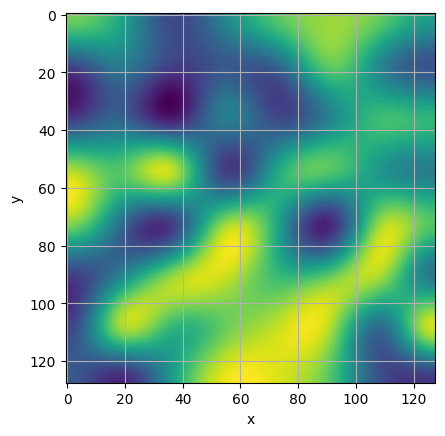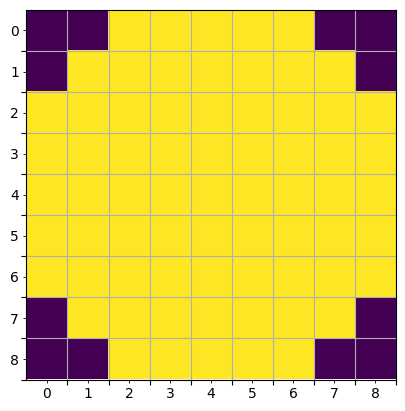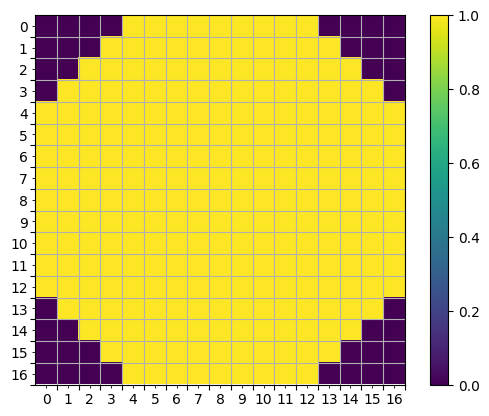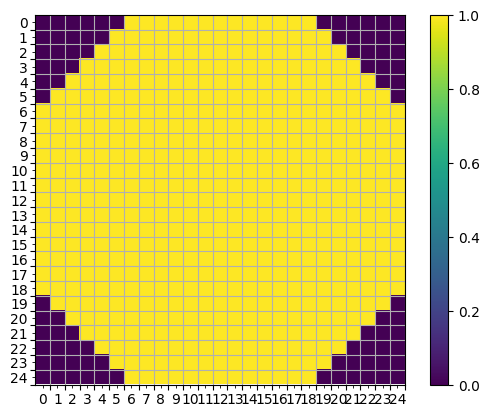def compare(s_try, s_actual, v_try, v_actual, name):""" Compares properties of a new implementation and the original slow one. Raises Error if they are not equal and plots the comparison """ = np.logical_xor(s_try,s_actual)= np.logical_xor(v_try,v_actual)if compare_s.any () or compare_v.any ():= (6 ,9 ))321 )"Compare Solid" )= 1 , vmin= 0 )322 )"Compare Void" )= 1 , vmin= 0 )323 )f" { name} Solid" )= 1 , vmin= 0 )324 )f" { name} Void" )= 1 , vmin= 0 )325 )f"Actual { name} Solid" )= 1 , vmin= 0 )326 )f"Actual { name} Void" )= 1 , vmin= 0 )raise ValueError (f"Calculation of { name} wrong" )def check_valid(state: GeneratorState):if debug> 2 :-= time.process_time() = possible_pixels(state.t_s_valid,state.t_s,brush)= possible_pixels(state.t_v_valid,state.t_v,brush)+= time.process_time() "possible" )if debug> 2 := dilate(state.p_s_possible, state.brush, False )= dilate(state.p_v_possible, state.brush, False )"dilated possible" )= free_touches(state.p_v_possible, state.t_s_valid, state.brush)= free_touches(state.p_s_possible, state.t_v_valid, state.brush)"free" )if debug> 1 := valid_touches(state.t_s_impossible, state.t_s)= valid_touches(state.t_v_impossible, state.t_v)"valid" )if state.t_s_free.any () or state.t_v_free.any ():return if debug> 1 := required_pixels(state.p_s_existing, state.p_v_possible)= required_pixels(state.p_v_existing, state.p_s_possible)"required" )if debug> 1 := dilate(state.p_s_required, state.brush)= dilate(state.p_v_required, state.brush)"dilated required" )= resolving_touches(state.p_s_required, state.t_s_valid, state.brush)= resolving_touches(state.p_v_required, state.t_v_valid, state.brush)"resolving" )


